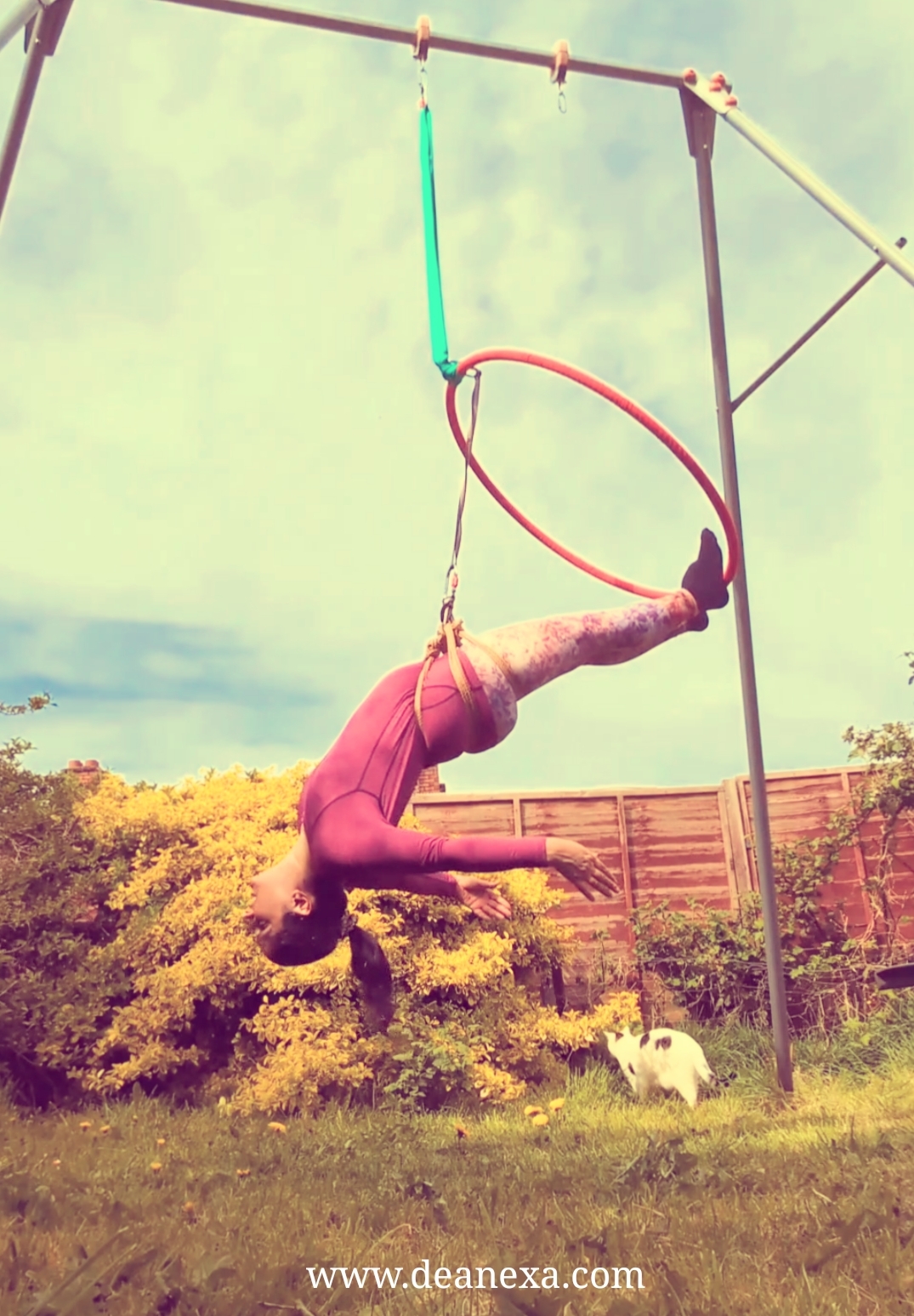People engage in rope play for many reasons, which I explore in my book Living Rope. People enjoy binding others or being bound, and this often rests on cultural interpretations of this taboo. Shibari is the term for Japanese style rope, which is rooted within its own cultural context. We should, therefore, be careful with how we interact with their practices.
I know white people, majority cisgender heterosexual males, who learn to tie in this way by going to Japan and learn the very disciplined approach to rope bondage. This has slowly disseminated into the West and global rope discourse to the point that it’s becoming the most desired way to tie. People learn the ties, models learn the poses, outfits and settings with bamboo are used to express their desire to be a shibari practitioner. But this comes with inherent racist undertones.
This is not the first time I’ve written about this. As a person of colour, I feel it internally when white people adopt cultures that are not theirs to look cool, legitimate, and gain social and financial capital. They are not Japanese, they have not lived the culture is a multigenerational way. They may even exploit Japanese women, asserting their colonial mindset, and not even know it. Such is white privilege.
Just as white tourists going to learn yoga in India will never really experience Hinduism the way I have, taking the good bits and never facing the misogynistic challenges of South Asian cultures, so could be said about Shibari. I hear it when Shibari practitioners speak, if they don’t know what they’re saying. “Japan is a far off land and Japanese has its own culture fetishes”. Their niche fetish is consumed, including the subjugation of women.
I also hear it when they speak of submission, shame, or roles. The assumption is that Japanese women experience shame, more than “Western” women. But I would challenge that assumption. Playing with shame in Shibari scenes is very different to all women of a particular nationality having a completely different mindset.
Yes, there are cultural differences. But men have abused women for millennia, whatever their religion, culture, nationality and the like. Women, cis and trans, may be suppressing feelings of shame, guilt, embarrassment, to try to minimize risk of harm by others and/or fit into social norms. This becomes a problem, when we only see women from different backgrounds through racist stereotypes – Japanese women feel shame, Western women don’t – and not for who they genuinely are. Rope can push our minds and emotions into complex and uncharted spaces and should always be handled with care.
I have always advocated for rope to be what works for you, to play with people that will respect your journey rather than project their unconscious biases and racist stereotypes, and engage is deep self reflection and self care in the process. We risk causing harm to others when we don’t do these things; once rope becomes another way to stop the woman in front of us from authentically engaging with the experience in an empowering and self-actualizing way.
Let’s not be racist or abusive.
Dea Nexa
This is my opinion based on my experience with rope and working internationally in anti racist kink spaces. If any issues come up for you, please seek appropriate therapy or peer support.
Image is a self tied rope hip harness with straps and aerial hoop, outdoors. Tie photo and model Dea Nexa
